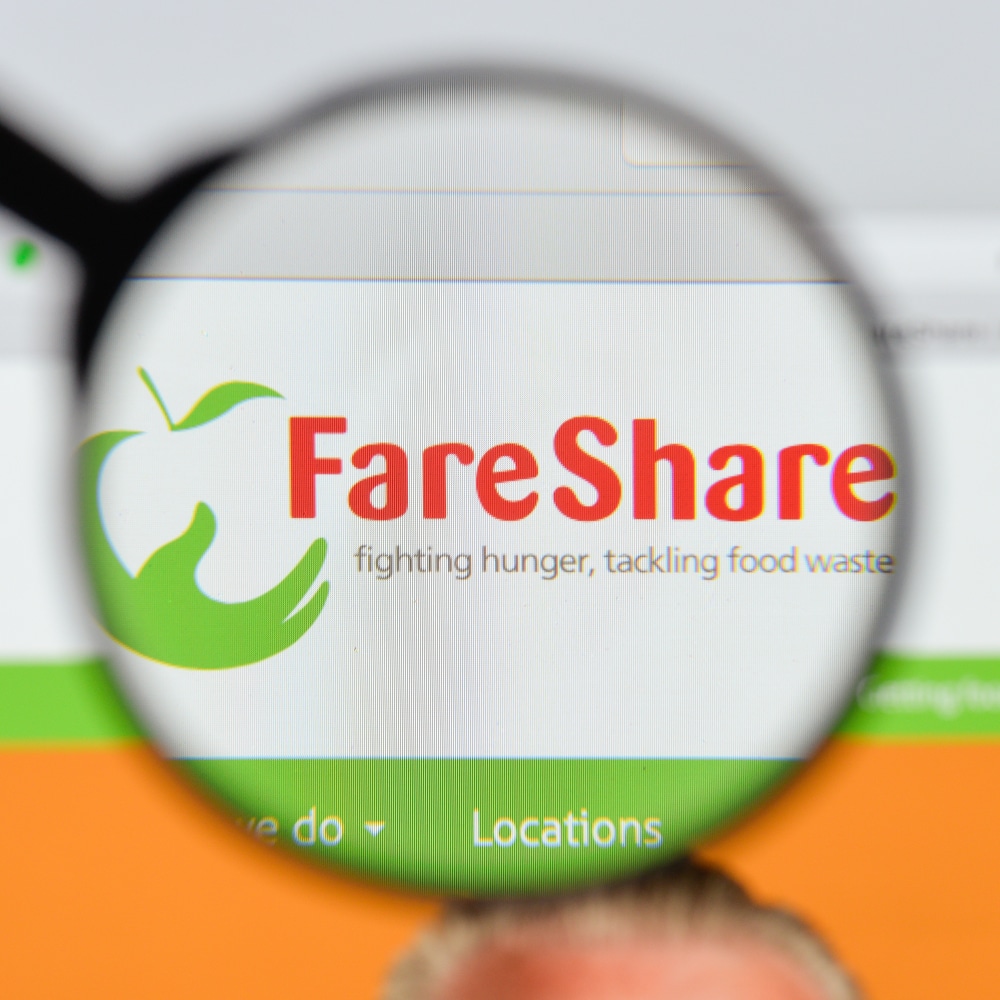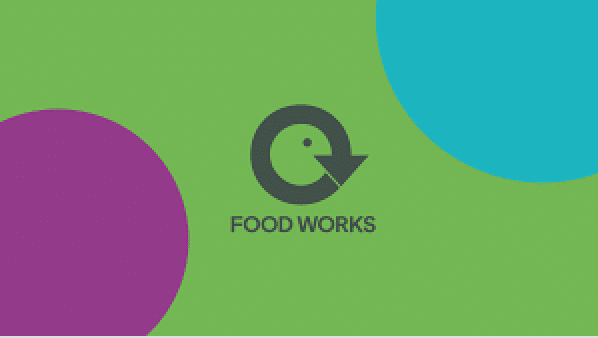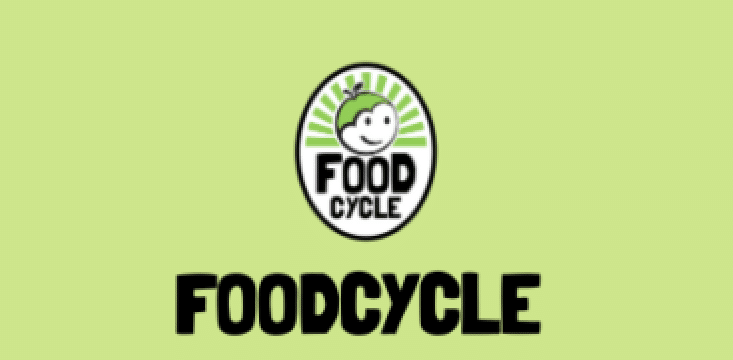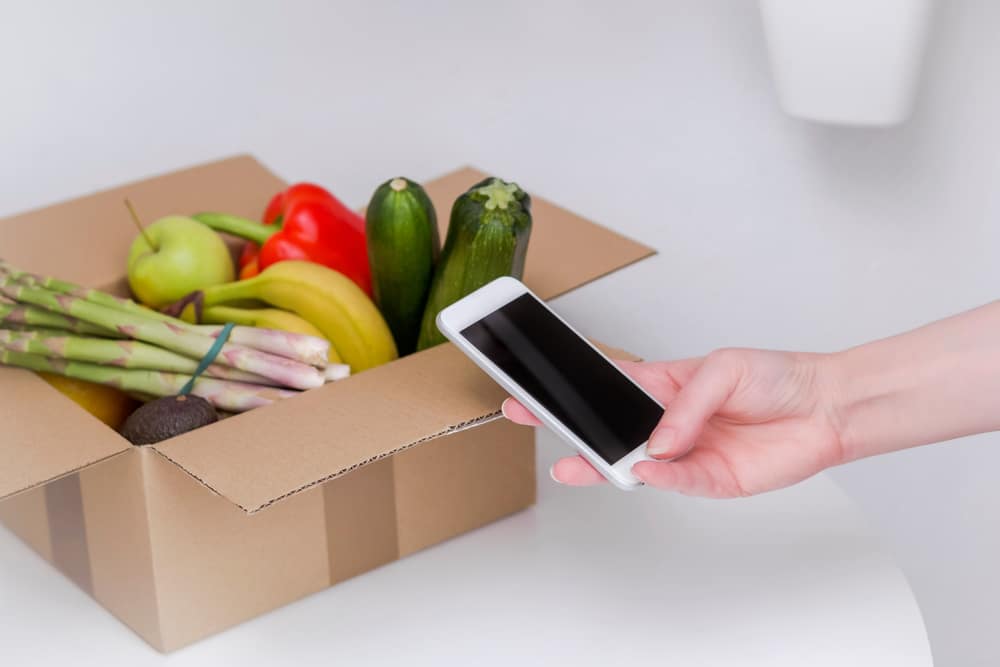Jasmine Birtles
Your money-making expert. Financial journalist, TV and radio personality.

It’s zero waste week! In February, we launched a campaign with our founder and personal finance expert Jasmine Birtles to legalise Freeganism in the UK. You can sign our petition and help fight food waste here.
Freeganism is defined as: “An alternative philosophy for living, based on minimum participation in capitalism and conventional economic practices, as well as limited consumption of capitalistic resources.”
Put simply, Freeganism aims to end the waste of food and resources by large corporations. For example, it is very likely your local supermarket throws plenty of fresh fruit and veg away weekly because it is past the ‘use by’ date. But in reality, most of the food and items thrown away are still as good as ever.
With the cost of living at an all-time high, and inflation the largest it has been in 30 years, many people will struggle to feed their families. Food poverty was already on the rise due to the struggles of the pandemic, and Freeganism would be one way to alleviate this struggle.
But it will take more than legalising Freeganism to stop food waste and help feed our nation. That’s why we have put together a list of some of the groups around the UK working hard to fight food waste and put food on the table for many families during this difficult time.

Perhaps one of the largest and most well-known groups with a mission to fight food poverty is FareShare. They work nationally to redistribute food, and they are made up of 18 independent organisations across the UK. They take the best quality surplus food from all corners of the food industry and distribute it to more than 10,500 frontline community groups.
These groups include school breakfast clubs, homeless shelters, community cafes and older people’s lunch clubs. Every single week, FareShare provide enough food to make one million meals for vulnerable people.
England International footballer Marcus Rashford has also been an ambassador of FareShare since March 2020. Since he began, he has not only raised awareness of child hunger within the UK, but he has raised enough money to enable Fareshare to have delivered 21 million meals.
You can find out more about FareShare here.
UKHarvest is a not-for-profit perishable food rescue operation that collects quality excess food from commercial outlets and delivers it, direct and free of charge, to charities. They provide much needed assistance to vulnerable people, collecting surplus food from all types of food providers, including fruit and vegetable markets, supermarkets, hotels, wholesalers, farmers, events and restaurants.
They also have community kitchens and food hubs across the south of England. Online, you can watch their cooking videos, browse their huge range of delicious recipes to prevent food waste, and even join in with free cook-alongs!
You may not have heard of WRAP, but you will most definitely have heard of their famous Love Food Hate Waste campaign, launched in 2007. This is a well-known campaign which raises awareness of food waste and provides steps on how individuals can reduce their own food waste.
They believe in challenging attitudes, behaviours and mindsets to ensure everyone knows the value of food. They encourage people to only buy what they need, eat what they buy, and store their food correctly to prevent waste.
You can read more about WRAP and their campaigns to fight food waste here.

Food Works Sheffield claim to save 500 tonnes of food a year from going to landfill – an incredible feat. To do this, they use quality surplus and locally grown ingredients to make delicious food and drink. They also collect and share this surplus for their market, where you can collect a box of food daily.
Through their own farm, they also aid in local food production and take part in community growing. They state the importance of growing food locally, not only to reduce the need for transportation, storage and preservatives, but to improve the food cycle.
You can find out more about Food Works Sheffield here.
Set up in 2016, The Felix Project is a London-based redistribution charity which aims to tackle food waste and food poverty. They rescue good, nutritious surplus food that cannot be sold and would otherwise go to waste. The great thing is, they pride themselves on getting lots of fresh fruit and vegetables, salads, meat, fish and baked goods.
They receive food from over 539 suppliers. These suppliers include supermarkets, wholesalers, farms and restaurants. It is then sorted and delivered to a whopping 1,00 charities, schools and holiday programmes across the capital city. Food from the food industry which would have otherwise gone to waste is instead given to vulnerable people, homeless people and people who cannot afford to buy regular food.
Read more about The Felix Project’s work here.

FoodCycle have had a vision to make food poverty and food waste a thing of the past since 2009. Every single week since they opened, they have nourished and fed hungry people in their communities with delicious meals. They also hope to combat loneliness, providing great conversation during these meals.
They have a few very simple and great aims. Not only do they wish to nourish the hungry, improving nutrition and reducing hunger by cooking meals for those in need, but they help to support mental health and wellbeing at the same time, creating welcoming spaces for people from all backgrounds and walks of life.
Find out more here.
Plan Z Heroes was established in 2011, when the founders decided to put an end to food waste. They created a food donation platform which allows businesses and the food industry to quickly and easily post their surplus food donations online. Nearby charities and community groups can then claim this food and collect it from their London base.
Their platform currently has over 1,000 businesses, charities and volunteers. They also work with businesses across the supply chain – growers, producers, caterers and bakeries. Plus, over 50% of the food they redistribute is fresh and nutritious, such as fruit, vegetables, meat, fish and dairy.
Find out more about Plan Z Heroes’ work here.

One of the most well-known apps fighting food waste, Too Good To Go allows restaurants, cafes and bakeries to list their leftover food that would otherwise be thrown out. Users can browse the map to see what is available locally to them and pick up a bag of goods – known as a ‘magic bag’ – for a very low cost.
Karma is similar to Too Good To Go, in that food is offered at a heavily discounted price. Users are able to rescue fresh food from restaurants, cafes and bakeries near them. However, instead of getting a surprise bag, users can see exactly what is available at each location. So far, Karma has rescued over 4 million meals and saved 1,800 tonnes of CO2. They have 1.4 million app users in 225 cities worldwide.
Another well-known food waste app is Olio. Olio allows people to share unwanted food and goods with neighbours and people in their local area. People are free to share anything from unwanted gifts to food that won’t get eaten, and even produce from local supermarkets that is on the last day of its use by date. Olio also partners with catering, hospitality and retail businesses to pick up surplus food 24/7 and send it out into the local community.
This is another great app. FoodCloud connects supermarkets and businesses in the food industry with charities and community group to donate their surplus food. These groups include family support services, homeless shelters and more across the UK. A description of the food available is uploaded, and charities get a notification that food is available to be collected.

Thanks for sharing our work!
No worries – we appreciate all you do for our communities.